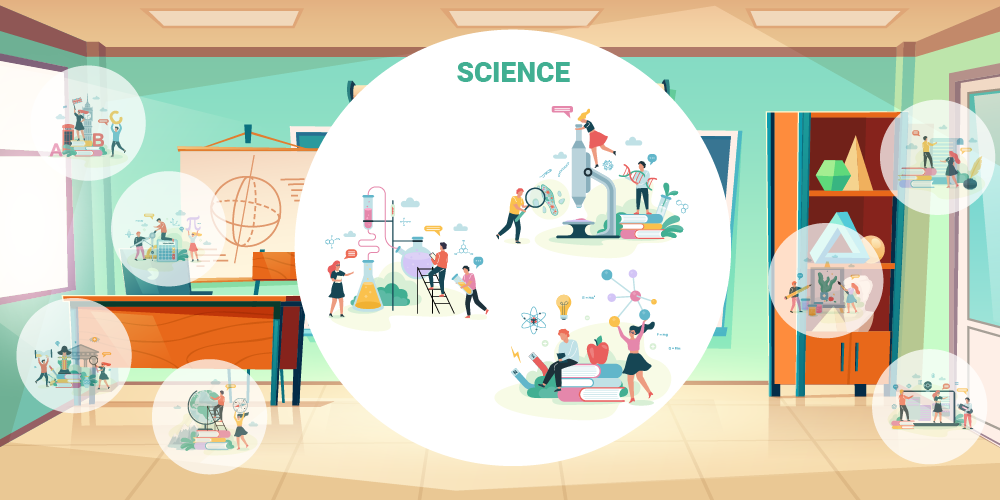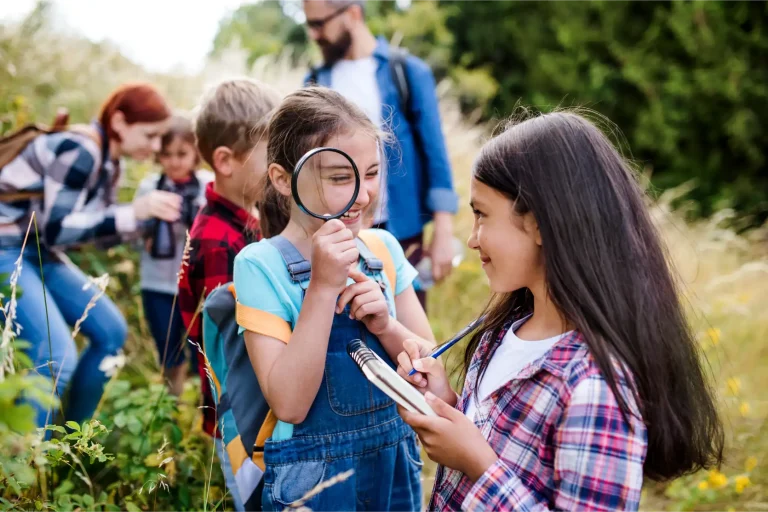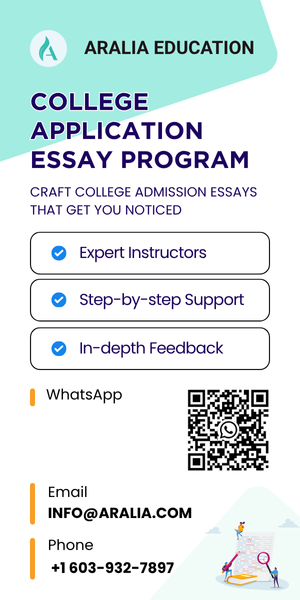Science plays a vital role in the high school curriculum, and as a high school student, you will be able to take a variety of science subjects because they are required classes for graduation. Learning science will increase the breadth and depth of the subjects you’re interested in and expand your horizon related to the understanding of your surroundings. Science may seem vague to you at first, but it’s everywhere around us, from the air you breathe to the food you buy in the supermarket.
We’re excited to provide the complete list of high school science classes, keep reading!
Improve Your Grades Within One Semester
High School Science Classes
Biology
Chemistry
Physics
Students may choose to take physics as a part of their science requirements for high school. Physics is generally broken into two classes: the first covering mechanics and the second covering the concepts of electricity and magnetism. Many high school students only take the physics class covering mechanics. Physics allows you to study matter and energy, and the principles that govern their interaction in space and time as well as electrostatics, electrical circuits with capacitors, magnetic fields, and electromagnetism.
Environmental Science
Forensic Science
Cosmology/Astronomy
Zoology
Oceanography
Engineering
AP Science
Students can choose AP classes based on class availability and their own interests. Taking core classes and moving up to AP/Honors/other Advanced classes will allow you to advance your knowledge in the science field and help you make your college application stand out with admission officers. Available Science AP classes are below:
- AP Biology: Study the core scientific principles, theories, and processes that govern living organisms and biological systems.
- AP Chemistry: Learn about the fundamental concepts of chemistry including structure and states of matter, intermolecular forces, and reactions.
- AP Environmental Science: Explore and investigate the interrelationships of the natural world and analyze environmental problems, both natural and human-made
- AP Physics 1: Algebra-Based: Learn about the foundational principles of physics as you explore Newtonian mechanics; work, energy, and power; mechanical waves and sound; and introductory, simple circuits.
- AP Physics 2: Algebra-Based: Explore topics such as fluids; thermodynamics; electric force, field, and potential; electric circuits; magnetism and electromagnetic induction; geometric and physical optics; and quantum, atomic, and nuclear physics.
- AP Physics C: Electricity and Magnetism: Explore concepts such as electrostatics, conductors, capacitors and dielectrics, electric circuits, magnetic fields, and electromagnetism
- AP Physics C: Mechanics: Explore concepts such as kinematics; Newton’s laws of motion, work, energy, and power; systems of particles and linear momentum; rotation; oscillations; and gravitation.
Enroll in Aralia’s Comprehensive Science Courses
Take your Science interest further...
Do an independent project, for example, a research project
The best way to learn is to apply. If you’re interested in a subject within Science, taking Physics, for example, consider starting an independent project. It may sound overwhelming and new at first, but an independent project offers you the opportunity to actively learn about a new topic on a profound and broad level, with the support and guidance of a teacher. The outcome of an independent project is typically a research paper. The research paper, along with your initiative to advance your study will help you create a great impression with the college admission board.
Therefore, if you are interested in science, don’t be afraid and reach out to a Science teacher at school to express your interest and ask for mentorship in the independent study of your choosing.
Participate in Science Competitions
High school competitions are a great way to stand out in the application pool, because it shows your attitude towards learning, and displays your achievement through those competitions. There are numerous competitions across the United States and around the world every year. Students should take a look at each competition and consider which one will best fit their needs and goals.
Participate in a Science Summer Pre-College Program
Another way to be involved in Science is to participate in a Pre-College Science Program during the summer. These programs allow students to further advance their science knowledge and participate in various kinds of scientific research with award-winning professors in college. For example, Tufts has a Summer Research Experience every year with a list of lab programs that students can participate in. Students will learn everything from research methods, laboratory techniques, data collection, and analysis under active mentorship by Tufts’ world-class researchers and their teams. We have an article about the top 18 Pre-College Summer Programs in America, discussing the unique aspects of the top 4 science programs that students should definitely take a look at.
Take an Online Class
Online courses are available anywhere and anytime on different platforms. At Aralia, we offer various signature, academic, and test prep programs covering different parts of the high school science curriculum. From academic tutoring, research program guidance to test prep, our philosophy is and will always be to focus on you, your improvement and your success. Aralia’s science tutors are inspired teachers and professors who are committed to student success. They are recognized in their field or are currently teaching at top high schools and colleges/universities in the US.

Biology
Introduce student(s) to biology, focusing on biochemistry, cellular biology, genetics, DNA, and gene expression. Students should be able to discuss, display what they know/have learned through writing short reflections, and take short quizzes the next session. This is done to check that the student is comprehending and retaining the information. After completing this course, students should be able to apply newly learned concepts to classroom situations with ease.











